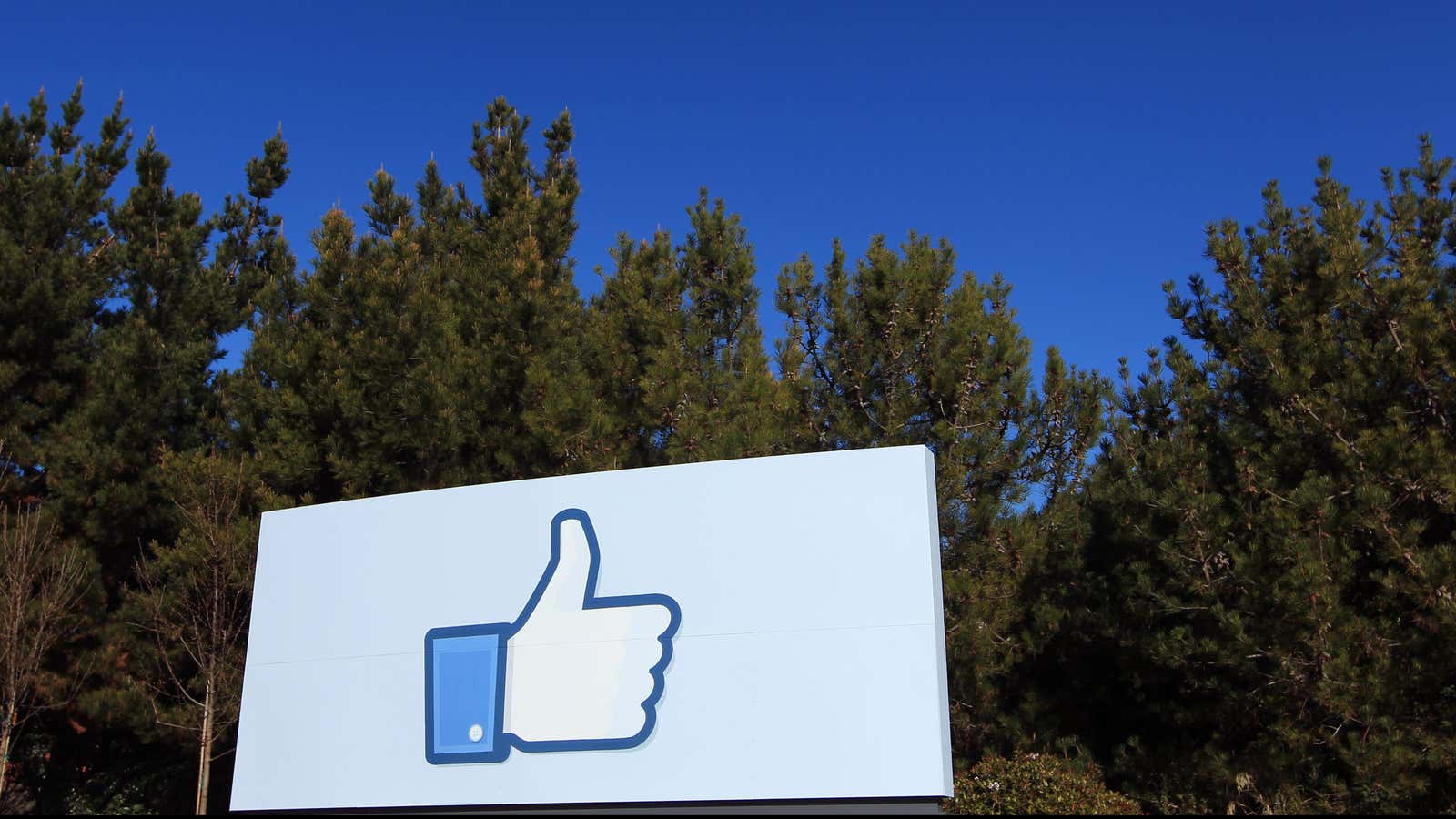Instagram announced it was testing hiding the number of likes posts get this April and Facebook is following suit. The social networks are trying to undo some of the damage they had wreaked on their users’ mental health, unravelling an obsession with self-quantification and a culture of constant comparison and envy that the sites have engendered.
Engineers created likes and their equivalents to help hook people on social media. Humans want validation and affirmation, and a like gives just that, providing users with a boost of endorphins. But with each boost, users are left wanting more. “Likes” affect user behavior—many users take down posts if they don’t get enough likes, or create separate accounts where they can be more authentic, less worried about the perceptions of others (see: finstas). The inventor of the “like” has famously said he regrets his creation.
The disappearance of public likes has been dissected from the perspective of influencers, who use the metric to figure out their monetary worth. Many industry watchers believe the change will likely be good for the industry, leading to a higher quality of content, for example.
But what might happen if public like counts disappear for regular users—mere mortals?
“My sense is that it’s probably not going to be the solution to this feeling of anxiety or shame or envy that we have when we don’t get a lot of likes or we see somebody else getting a lot of likes, but it may lessen it a bit,” Pamela Pavliscak, a futurist and digital anthropologist who specializes in our emotional relationship with technology, told Quartz. But, she points out, people create workarounds for everything. They might, for example, come up with a certain way of commenting, using slang, abbreviations, or emojis that signal something was popular.
“The human impulse for acceptance and aspiration and belonging to a group is so intense that I can’t see people giving up on that,” Pavliscak said.
That said, with public likes hidden, social networks might see a spike in creativity and self-expression. Now, it’s easy to emulate those who are successful on social platforms, because everyone can see and compare the number of likes—which often results in the same bland, repetitive content. But without the public counts, it’s possible users will experiment a bit more, finding out what works for them personally.
“It may make people feel more comfortable with posting things that they really want to post or not having to conform to a certain ideal or aesthetic,” Pavliscak said (but, she points out, users might be able to quickly figure out what is being liked and what isn’t by observing others, paying attention to what gets a lot of interactions, and what kind of content gets repeatedly shared by those accounts).
From the platforms’ perspective, if people are less hung up on public likes, they might feel more free to like content they are actually drawn to, making it easier to advertise to them.
With the current tests, users who post content on Facebook and Instagram will still be able to see how many likes a post gets, even if others can’t. What would likely be far more effective is getting rid of likes entirely. “That would be really interesting,” Pavliscak said. “What would we do to bond with each other online?”
